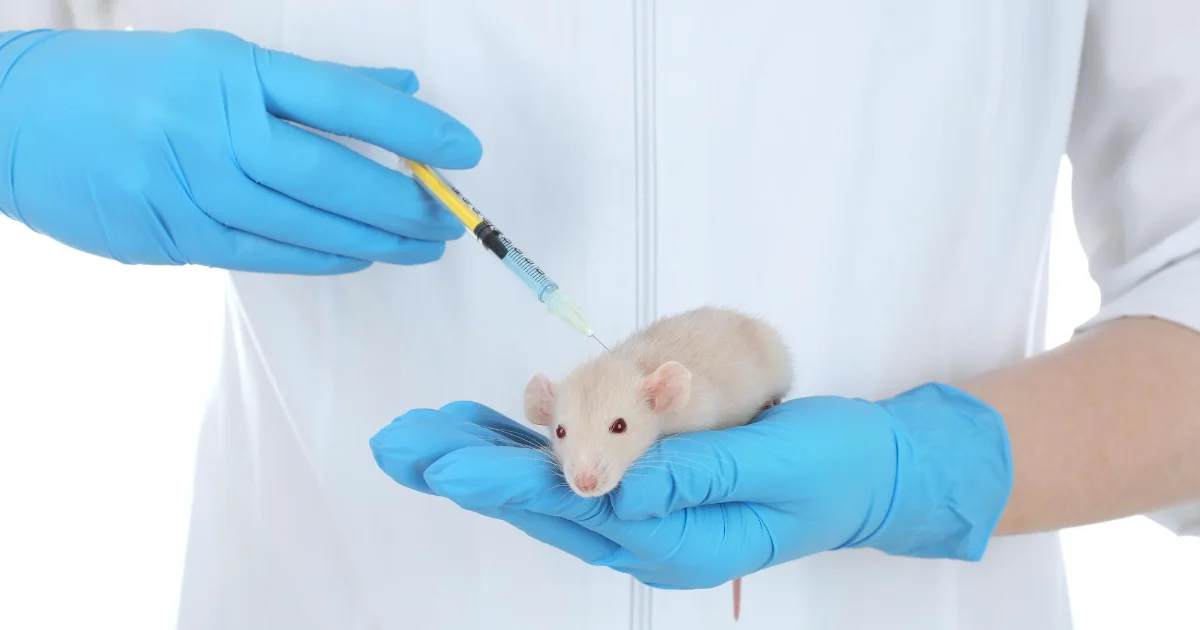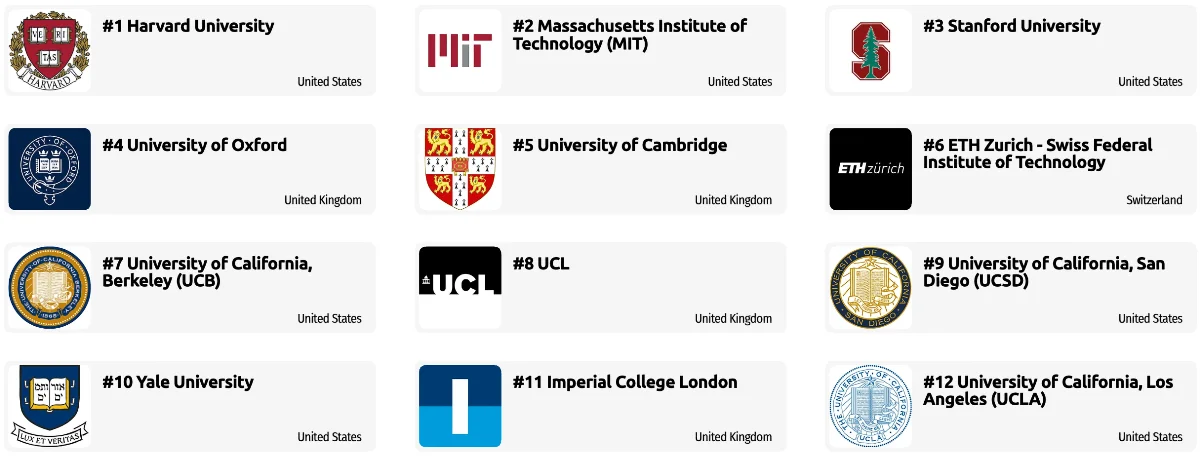Analyst

Analysts will often perform the following tasks:
- Identifying the underlying principles, reasons, or facts of information by breaking down information or data into separate parts.
- Using relevant information and individual judgment to determine whether events or processes comply with laws, regulations, or standards.
- Assessing the value, importance, or quality of things or people.
- Compiling, coding, categorizing, calculating, tabulating, auditing, or verifying information or data.
Inspector

Inspectors should be great at:
- Estimating sizes, distances, and quantities; or determining time, costs, resources, or materials needed to perform a work activity.
- Observing, receiving, and otherwise obtaining information from all relevant sources.
- Identifying information by categorizing, estimating, recognizing differences or similarities, and detecting changes in circumstances or events.
- Inspecting equipment, structures, or materials to identify the cause of errors or other problems or defects.
Other work activities related to Biochemists and biophysicists
- Preparing reports or recommendations, based upon researching outcomes.
- Developing new methods for studying the mechanisms of biological processes.
- Managing laboratory teams or monitoring the quality of a team’s working.
- Sharing researching findings by writing scientific articles or by making presentations at scientific conferences.
- Developing or executing tests for detecting diseases, genetic disorders, or other abnormalities.
- Developing or testing new drugs or medications intended for commercial distribution.
- Studying the mutations in organisms leading to cancer or other diseases.
- Studying spatial configurations of submicroscopic molecules, such as proteins, using x rays or electron microscopes.
- Studying the chemistry of living processes, such as cell development, breathing and digestion, or living energy changes, such as growth, aging, or death.
- Determining the three dimensional structure of biological macromolecules.








